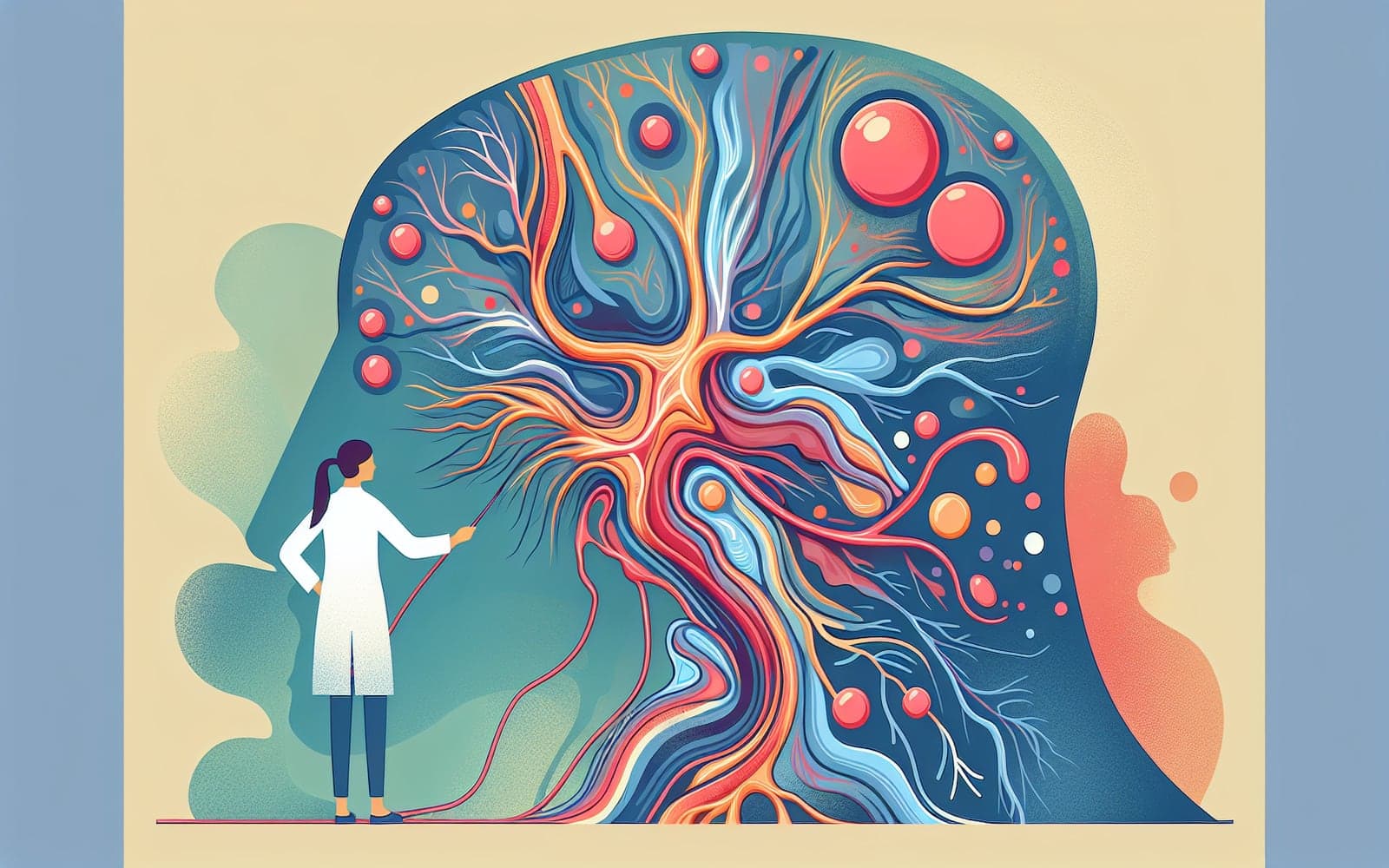What is Glossopharyngeal Neuralgia and How Does It Affect You?
Published: Oct 28, 2023

Medically reviewed by Jerome Albert Ecker | MD, Assistant Professor of Medicine, Duke University - Durham, NC on October 28th, 2023.
Glossopharyngeal neuralgia is a rare and painful condition affecting areas of the face and throat, often triggered by simple actions like swallowing or coughing.
Contents
Understanding Glossopharyngeal Neuralgia
Glossopharyngeal neuralgia (GN) is characterized by sharp, shock-like pains in the jaw, tongue, and ear. These pains are often triggered by actions such as swallowing or coughing. GN is less common than other similar conditions like trigeminal neuralgia and is usually seen in older adults.
Causes of the Condition
The most common cause of GN is the compression of the glossopharyngeal nerve by blood vessels near the brainstem. Other causes may include tumors or infections in the neck or throat area. Sometimes, no clear cause is found, which is referred to as idiopathic GN.

Symptoms and Diagnosis
Symptoms include brief episodes of intense pain in areas such as the tongue and ear. Diagnosis is made based on these symptoms and confirmed through imaging tests like MRI. Doctors use these tests to rule out other conditions and find any underlying causes.
Frequently Asked Questions
Swallowing, coughing, or yawning often trigger GN pain.
No, GN is quite rare compared to other neuralgias.
GN is diagnosed through symptoms and imaging tests like MRI.
GN typically affects one side but can be bilateral in some cases.
Key Takeaways
Understanding the causes and symptoms of GN is vital for effective management.
Talk to Doctronic to learn more about managing glossopharyngeal neuralgia.Related Articles
References
Koopman JS, Dieleman JP, Huygen FJ, et al. Incidence of facial pain in the general population. Pain 2009; 147:122.
Dieleman JP, Kerklaan J, Huygen FJ, et al. Incidence rates and treatment of neuropathic pain conditions in the general population. Pain 2008; 137:681.
This article has been reviewed for accuracy by one of the licensed medical doctors working for Doctronic. Always discuss health information with your healthcare provider.

